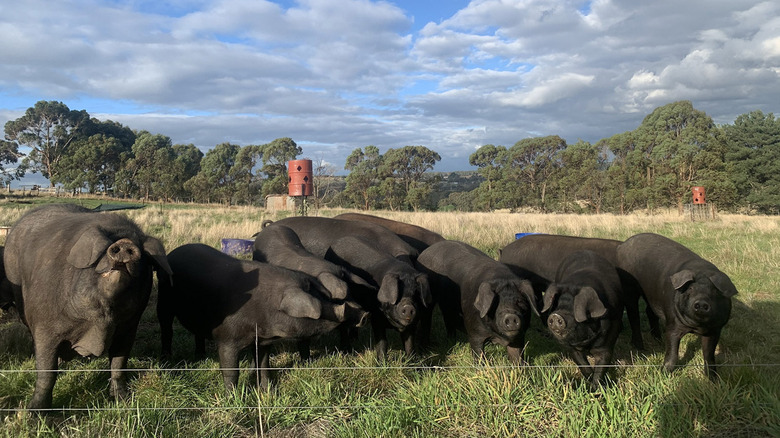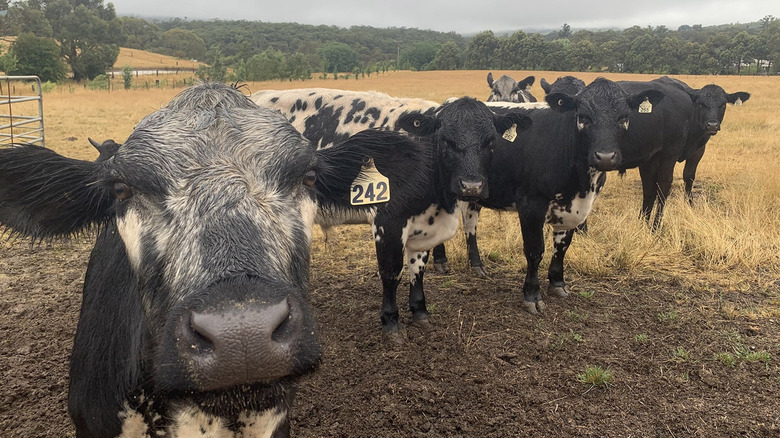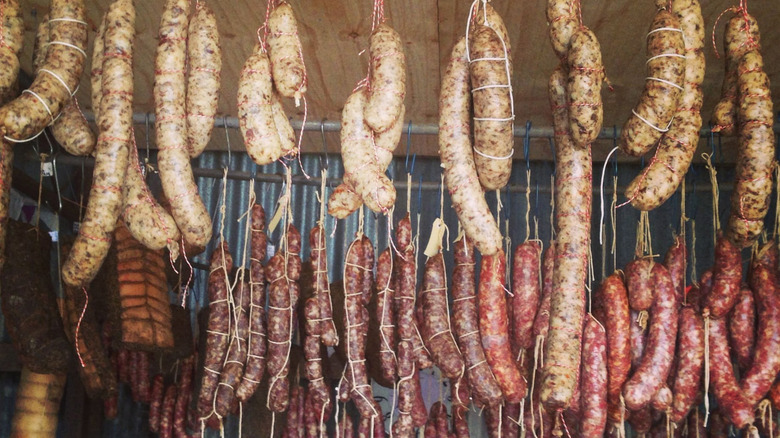Why Melbourne's Jonai Farms CSA Has A 20-Year Wait List
CSAs, or community-supported agriculture systems, date back to the '70s in the United States when a group of Vietnamese refugees used grant money to lease a large plot of land in Seattle. Many being farmers back home, the refugees started to farm the land and sold shares of the produce to people in the local community. "We didn't even have the term CSA in those days," says Duang Tengtrirat, one of the advocates instrumental in setting up the farm, in a 2019 journal article. Now, there are more than 1,300 CSAs in the Pacific Northwest alone.
Popular in the US and Europe for decades, CSAs fill in many of the gaps that industrial agriculture misses. Ecologically, CSAs are localized, meaning they actually cater to the ecosystems they're in. In turn, this makes CSAs more biodiverse, less pollutive, and, overall, better for the environment — but they have social and economic benefits too. In addition to fostering community, the subscription systems that CSAs operate on provide farmers with financial security. In return, their shareholders receive fresh, seasonal produce.
Increased awareness around industrial agriculture's contribution to the climate crisis, and its link to the outbreaks of human infectious diseases (60% of them, to be exact) has put CSAs on the rise — and not just in the U.S. and Europe. In Melbourne, Australia — a continent that, despite overflowing with avocados, has some of the poorest soil quality on Earth — Jonai Farms' CSA has acquired a waiting list queue of 20 years. But not for the reason you might think.
Jonai Farms
After traveling across the US, and taking notes from other ethical farmers along the way, Tammi Jonas and her family returned to Australia — only, this time, they didn't go back to the Melbourne suburbs they once called home, or not for long, at least. In a matter of months, the Jonai family settled on 69 acres in Eganstown, Victoria — land that they recognize as the Aboriginal Australian people's, the Dja Dja Wurrongs, country — to begin a life in alignment with their passion for agroecology and food sovereignty. For them, that all started by ethically raising a rare heritage-breed of pigs, the English Large Blacks, and rotating them around the farm with other animals to promote soil health and biodiversity.
Not only does their work on Jonai Farms help to preserve the breed, but, by weaning them and their other animals off of commercial feed and building their own zero waste butcher and kitchen, it embraces a fully circular, zero-waste system. Operating largely on solar power, the pigs, along with a variety of heritage-breed cattle, are raised in a high welfare system on pasture where they are free to live just as they would in the wild. When their day does come, they don't know it — and, once they've been butchered and cured from nose to tail, those ethics shine through the flavors. All that's left after is the bones, which are utilized to make broths and pulvorized into fertilizer that is used on their crops.
The need to multiply, not scale
Since their beginnings in 2011, Jonai Farms' ethics and transparency have generated a thriving CSA model — one that, based on the number and entirition rate, people are willing to wait 20 years to be apart of. But, that isn't necessarily Tammi's end goal. Rather than expanding her own farm to meet the demand, she uses that list as a way to connect consumers with other like-minded farmers. In an interview on the podcast, One Bite, Tammi says that, "If we simply said that we're full, we can't take anymore and I didn't take the waiting list then I wouldn't have a way to capture those who are looking for this food and say to them 'Hey! Will down the road is looking for more members!"
She goes on to say that, despite her father's thoughts on franchising the business, they're not interested in growing — or doing anything that's the wrong model for the food system, for that matter. "We're not going to franchise, and we're not going to grow — we're just going to grow more growers," Tammi tells the podcast's listeners. "The one way we're going to that is by supporting other local growers by sending them our demand that exceeds our supply."


